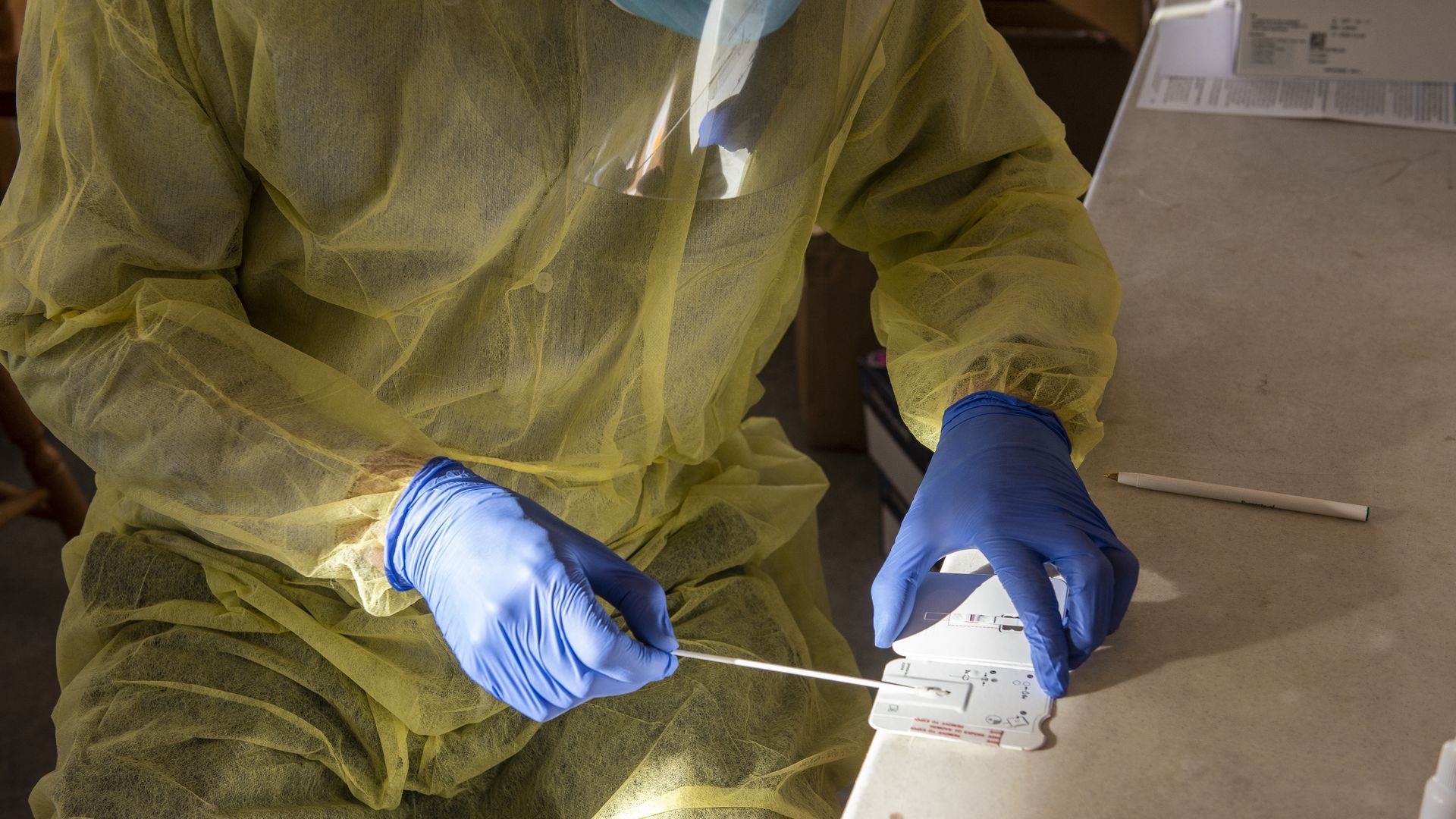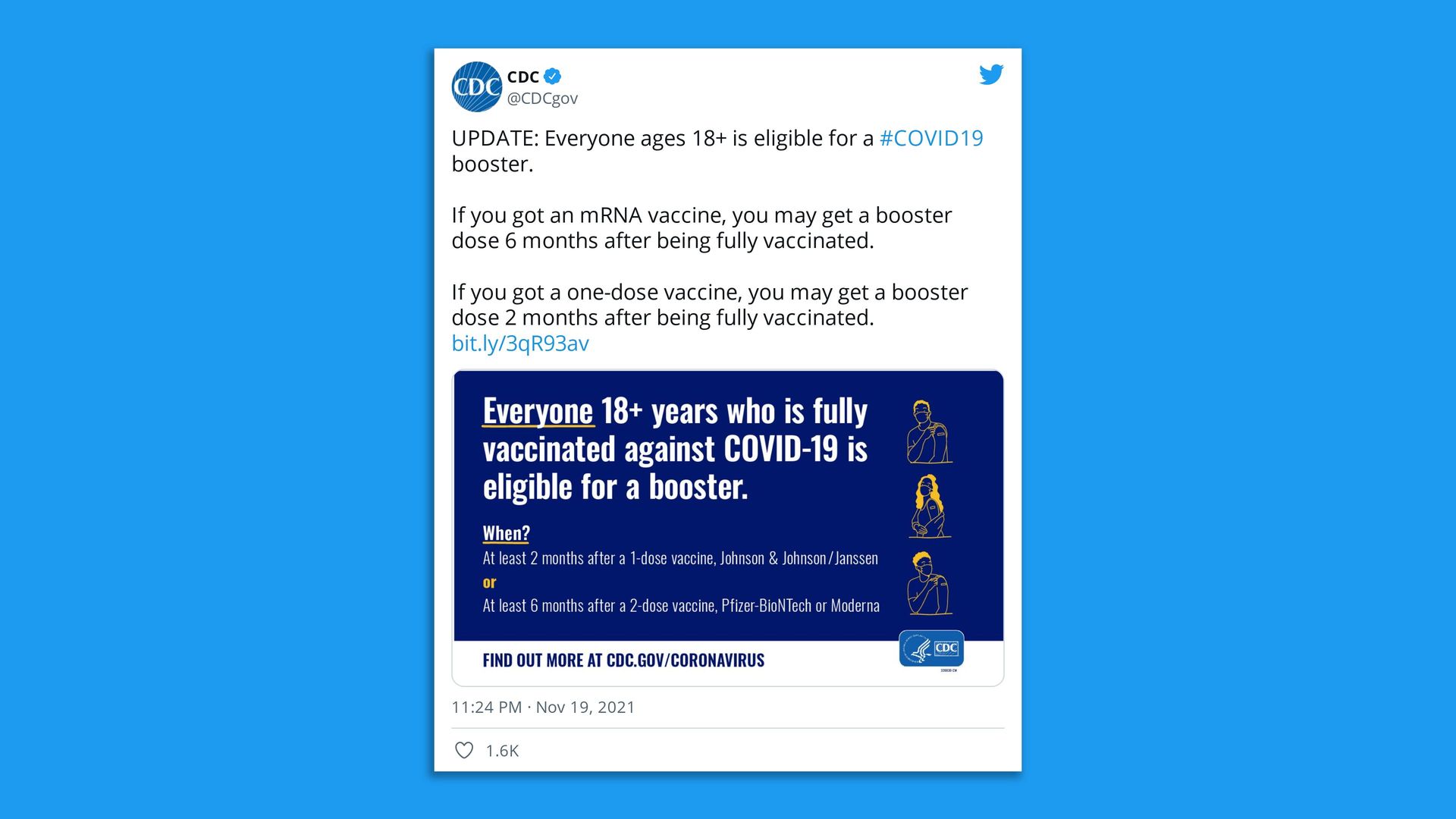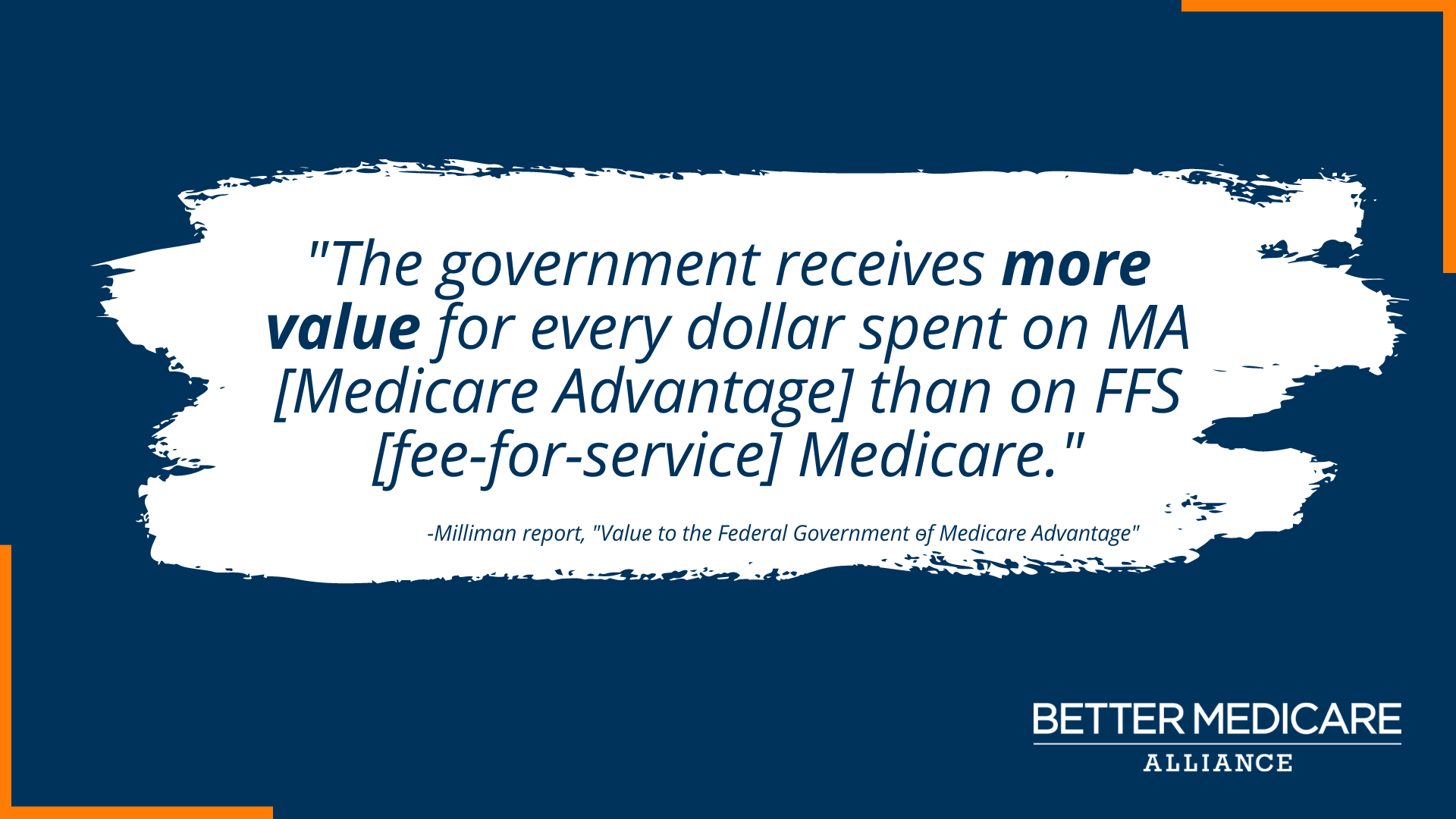| |
| |
| |
| Presented By Better Medicare Alliance |
| |
| Axios Vitals |
| By Tina Reed ·Nov 22, 2021 |
| Welcome to the short holiday week, Vitals readers. Today's newsletter is 942 words, or a 4-minute read. Situational awareness: Axios has retracted a story that ran in Vitals last week under the headline, "1 big thing: Schools' air cleaning systems fall flat," because it fell short of our editorial standards. |
| |
| |
| 1 big thing: Bottleneck coming for vaccines in low-income countries |
 |
|
| Illustration: Rae Cook/Axios |
| |
| As more vaccine is shipped around the world, it's becoming increasingly clear that for a number of developing countries, administering doses may be nearly as challenging as obtaining them, Axios' Caitlin Owens and Dave Lawler report. The state of play: Seth Berkley, CEO of the Gavi vaccine alliance and point person on the global COVAX initiative, tells Axios that most poor countries can absorb all the doses they're receiving, but when they run their weekly assessments "between 18 and 25 countries come up red." - The challenges include shortages of supplies and health care workers, issues with the "cold chain" needed to transport and store the Pfizer and Moderna doses, vaccine hesitancy, and inadequate logistical planning, Berkley says.
- In countries like the Democratic Republic of Congo, where 0.1% of the population has had a first dose, it can be all of the above.
- Deliveries can also be unpredictable or arrive with little time before doses are set to expire. Among the 92 lower-income countries being supported by COVAX, half have used less than 75% of the doses they've received, according to an analysis from the COVID Global Accountability Platform.
State of play: Virtually no low-income countries are on track to vaccinate 40% of their population this year, the goal set by the WHO, according to a recent analysis by COVID GAP. Many will miss the 20% mark COVAX set as a minimum by the end of 2021. - There's a supply gap of 650 million doses, in addition to the hundreds of millions of doses COVAX is still expected to deliver, the analysis estimates. Most of the countries awaiting doses are in sub-Saharan Africa or South Asia.
- But that picture is changing rapidly. "We will stop seeing supply as a barrier pretty soon," Berkley says.
|
    |
| |
| |
| 2. Rapid tests face holiday demand spike |
 |
|
| Photo: William Campbell/Getty Images |
| |
| As many Americans prepare to travel and see loved ones ahead of Thanksgiving, developers and sellers of rapid at-home COVID-19 tests say they are prepared to meet an expected spike in demand for their products, Axios' Ivana Saric writes. Between the lines: Experts predict that the holiday season, as well as new vaccine mandates for federal contractors and certain employees, will lead to a spike in demand that stresses the supply chain, the Washington Post reported. State of play: Abbott, which produces the BinaxNow rapid test, told Axios that it has scaled up its manufacturing operation to produce more than 50 million tests per month, and will be "widely available" through the holidays. - Quidel said that it has a "more than adequate" supply of rapid tests and is on track to be producing 50 million of its QuickVue rapid tests monthly by the end of the year.
- Cue Health, which just debuted the consumer version of its rapid test last week, and "Ellume" told Axios that are prepared to meet demand.
- Representatives from CVS and Walmart maintained that their inventories of over-the-counter rapid tests for COVID-19 are sufficient to meet the rising holiday demand.
Go deeper. |
    |
| |
| |
| 3. Language check on booster recs |
 |
|
| Screenshot: @CDCgov (Twitter) |
| |
| While public health experts largely cheered the expansion of the COVID booster recommendations to all adults in the U.S., one of the words the CDC used — "may" — has raised some eyebrows. Driving the news: CDC director Rochelle Walensky on Friday accepted a key advisory committee's recommendation that adults "may" get a booster dose. - Those at higher risk for poor COVID outcomes have been told they "should" get another shot.
What they're saying: "It matters a lot when it comes to what clinicians are recommending to their patients," Leana Wen, an emergency physician and public health professor at George Washington University, told Axios. - "My concern is that, with the messaging so muddled, the booster dose has somehow been framed as a luxury, as something that would be nice to have but it doesn't really matter if you get it. That is not the case," Wen said.
Related: We're still not taking the pandemic seriously |
    |
| |
| |
| A message from Better Medicare Alliance |
| Medicare Advantage delivers for seniors – and the government |
| |
 |
| |
| Independent research shows that "the government's dollar goes further with Medicare Advantage" than fee-for-service (FFS) Medicare. Medicare Advantage is delivering more benefits and lower costs for seniors while providing value for the health care system. Read more. |
| |
| |
| 4. Pic du jour: Hang 10 |
 |
|
| Photo: Ben Birchall/PA Images via Getty Images |
| |
| Dexter Weldin, 9, practices before surfing at The Wave in Bristol, U.K., on Sunday. - An innovative new soft prosthetic is to be provided free of charge to surfers under the age of 18 through their fundraising appeal Project Limitless, which aims to give every child in the U.K. who needs one access to a prosthetic arm.
|
    |
| |
| |
| 5. Elizabeth Holmes testifies in Theranos trial |
 |
|
| Elizabeth Holmes. Photo: Yichuan Cao/NurPhoto via Getty Images |
| |
| Ex-Theranos CEO Elizabeth Holmes will continue her testimony today in the fraud trial against her, after taking the stand Friday. The state of play: Holmes highlighted to jurors some of the due diligence her early investors performed, Axios' Kia Kokalitcheva writes. Details: During her testimony on Friday, according to journalists in the courtroom, Holmes began by describing her upbringing and the start of Theranos. - Holmes' attorney, Kevin Downey, asked her if she believed Theranos had developed technology capable of running any blood test, CNN reported.
- "I did," Holmes responded.
What she's saying: "We worked for years with teams of scientists and engineers to miniaturize all of the technologies in a lab. The core part of that was a formula for being able to run tests on small samples [...] By 2009-2010 we had a breakthrough," Holmes testified, per ABC's Miles G. Cohen in the courtroom. What's next: Holmes is expected to return to the stand for additional questions on Monday and Tuesday before the court breaks for the holiday, CNBC reports. |
    |
| |
| |
| 6. While you were weekending... |
 |
|
| Illustration: Aïda Amer/Axios |
| |
- Here are the policies and reforms that could reshape health care in the $2T bill just passed by the House. (Fierce Healthcare)
- Hospitals are busier than ever — but not because of COVID. (Boston Globe)
- Pregnant people with COVID face higher risk for stillbirths, CDC data show. (Axios)
- CVS is closing 900 stores, and the big winner is Dollar General. (CNN)
- Fauci: Families vaccinated against COVID can enjoy holidays maskless. (Axios)
|
    |
| |
| |
| A message from Better Medicare Alliance |
| Medicare Advantage delivers for seniors – and the government |
| |
 |
| |
| Independent research shows that "the government's dollar goes further with Medicare Advantage" than fee-for-service (FFS) Medicare. Medicare Advantage is delivering more benefits and lower costs for seniors while providing value for the health care system. Read more. |
| |
| 😎 Did someone forward this email to you? Here's how to subscribe! |
 | | It'll help you deliver employee communications more effectively. | | |
Post a Comment
0Comments